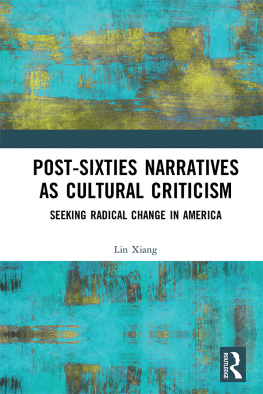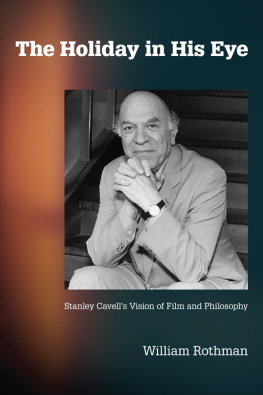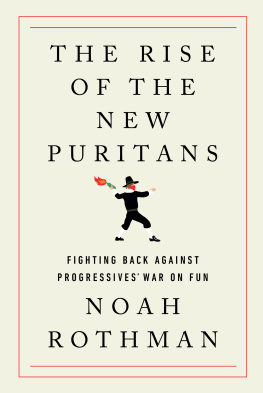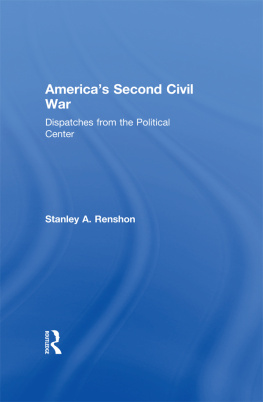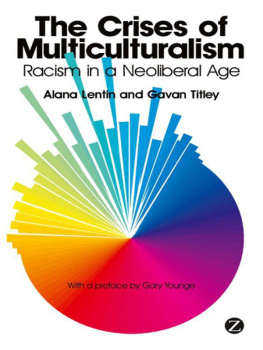Stanley Rothman - The End of the Experiment: The Rise of Cultural Elites and the Decline of Americas Civic Culture
Here you can read online Stanley Rothman - The End of the Experiment: The Rise of Cultural Elites and the Decline of Americas Civic Culture full text of the book (entire story) in english for free. Download pdf and epub, get meaning, cover and reviews about this ebook. year: 2017, publisher: Routledge, genre: Science. Description of the work, (preface) as well as reviews are available. Best literature library LitArk.com created for fans of good reading and offers a wide selection of genres:
Romance novel
Science fiction
Adventure
Detective
Science
History
Home and family
Prose
Art
Politics
Computer
Non-fiction
Religion
Business
Children
Humor
Choose a favorite category and find really read worthwhile books. Enjoy immersion in the world of imagination, feel the emotions of the characters or learn something new for yourself, make an fascinating discovery.

- Book:The End of the Experiment: The Rise of Cultural Elites and the Decline of Americas Civic Culture
- Author:
- Publisher:Routledge
- Genre:
- Year:2017
- Rating:4 / 5
- Favourites:Add to favourites
- Your mark:
The End of the Experiment: The Rise of Cultural Elites and the Decline of Americas Civic Culture: summary, description and annotation
We offer to read an annotation, description, summary or preface (depends on what the author of the book "The End of the Experiment: The Rise of Cultural Elites and the Decline of Americas Civic Culture" wrote himself). If you haven't found the necessary information about the book — write in the comments, we will try to find it.
The End of the Experiment ties together Stanley Rothmans theory of post-industrialism and his four decades of research on American politics and society. Rothman discusses the rise and fall of the New Left, the sixties impact on Americas cultural elites, and the emergence of new post-industrial humanistic values.
The first part of this book explains how cultural shifts in post-industrial society increased the influence of intellectuals and redefined Americas core values. The second part examines how the shift in American social and cultural values led to a crisis of confidence in the American experiment. And in a final section, Rothmans contemporaries provide insight into his work, reflecting on his continued influence and his devotion to traditional liberalism.
Rothman presents a quantitative study of personality differences between traditional American elites and new cultural elites. Rothman argues that the experiment of Americaas a new nation rooted in democracy, morality, and civic virtueis being destroyed by a disaffected intellectual class opposed to traditional values.
Stanley Rothman: author's other books
Who wrote The End of the Experiment: The Rise of Cultural Elites and the Decline of Americas Civic Culture? Find out the surname, the name of the author of the book and a list of all author's works by series.

